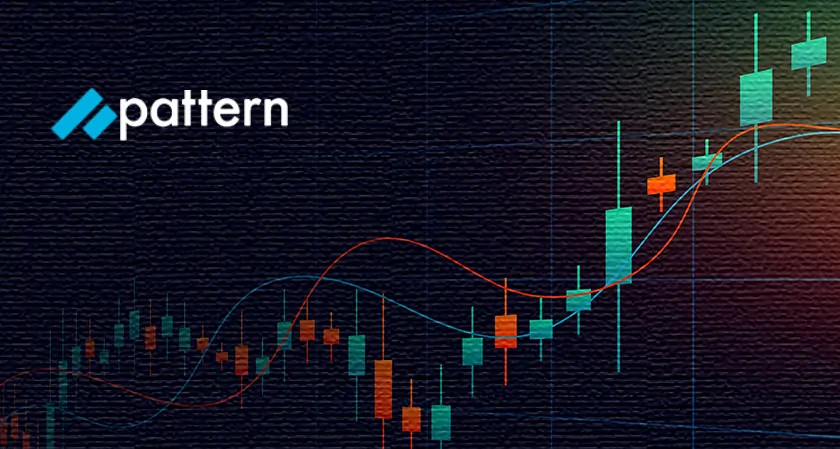Home Innovation E commerce Pattern Group Debuts on Nasdaq...
Pattern Group Debuts on Nasdaq With $2.38B Valuation Despite First-Day Share Drop
E commerce

Business Fortune
20 September, 2025
With its $300 million IPO, the Utah-based e-commerce accelerator tested investor prudence in the face of economic uncertainty.
Though its shares dropped 3.6% in their Nasdaq debut, e-commerce accelerator Pattern Group recorded a valuation of $2.38 billion on Friday, defying the recent trend of impressive first-day IPO results. The shares of the Lehi, Utah-based Corporation started at $13.50, while the offer price was $14. By selling 21.4 million shares, Pattern and a few of its current owners raised $300 million, while the shares were sold at a price between $13 and $15 each.
The launch took place during a busy initial public offering (IPO) window, when blockchain lender Figure Technology and Swedish fintech Klarna had shaken markets earlier this year, but their impressive first-day gains have subsided due to a surge in demand. Concerns had recently made headlines over President Donald Trump's tariff plans, which shook markets earlier this year, have subsided thanks to a surge of prosperous U.S. initial public offerings (IPOs). But as ongoing inflation and a falling job market feed worries about the state of the economy, investors continue to be picky about where to put their money.
The reaction to recent deals, according to Lukas Muehlbauer, research associate at IPOX, indicates that investors are still picky and reward deals with compelling risk profiles and fundamentals while rejecting others.
Initially established in 2013 as iServe by David Wright and Melanie Alder, Pattern Group serves as an "e-commerce accelerator" by fusing inventory buying with AI-driven technologies to support business expansion in international markets. The business buys goods from the brand and resells them to consumers on websites such as eBay, Amazon, Target, and Walmart.
According to Muehlbauer, the pattern is susceptible to changes in Amazon's charge schedules or marketplace regulations because of its strong reliance on the online retailer for income. With policies like the elimination of the de-minimis import exemption, increasing prices, and adding complexity for international sellers, the overall trade climate is also still uncertain.


































